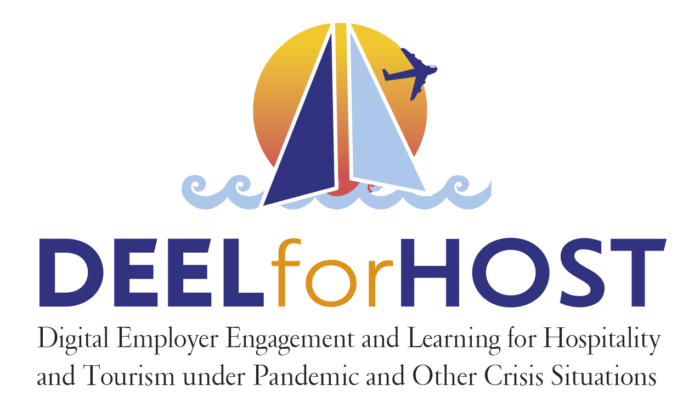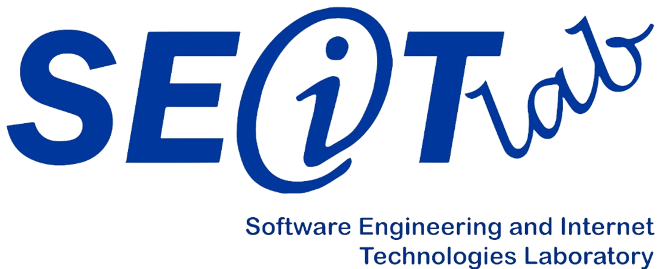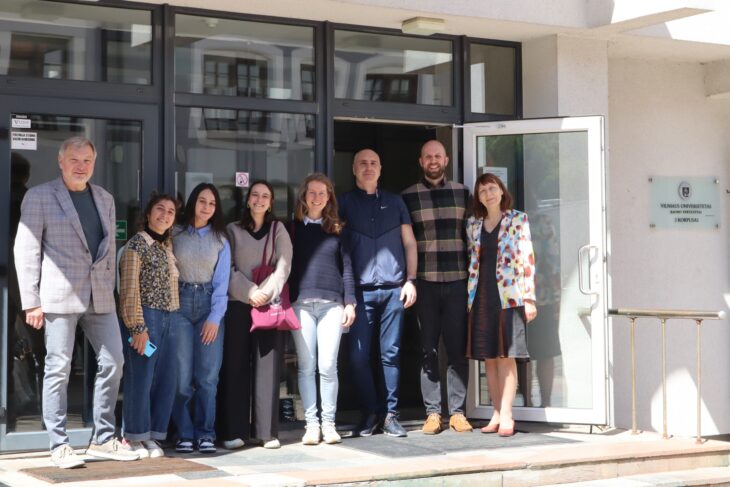

Funding: 239.926k

Budget: 55.180k

Duration: 11/2021-11/2023
AIM
To bridge the digital gap between higher education and the hospitality and tourism industry.
MAIN RESULTS
The project aims at reaching the main result:
- Online Platform
The platform’s target audience includes Higher Education Institutions (HEIs), their administration, faculty, students/graduates, and employers in the HTI sector, both within the consortium’s countries and beyond. It emphasizes transferability, intending to be an open resource of knowledge and a user-friendly platform. The development and publications will be shared openly, and stakeholders are encouraged to join. The innovation lies in supporting online communication, cooperation, and learning within the hospitality and tourism industry (HTI) sector, creating strategic alliances with HEIs in the field. The platform’s functionalities include involving employers in online research and curriculum development, engaging employers in curriculum delivery, offering digital learning and Continuous Professional Development (CPD) activities, facilitating online research and product development, serving as an online social network, aiding industry placement programs, and assisting in recruitment, screening, and interviewing of candidates. The platform’s impact is expected to benefit the mentioned target groups and the HTI sector as a whole.
Project Number: 2021-1-EL01-KA220-HED-000032159
Partners
University of Piraeus Research Center (Greece) – Coordinator
University of Cyprus (Cyprus)
Higher Hotel Institute Cyprus – HHIC (Cyprus)
Ikonomicheski Universitet Varna (Bulgaria)
Universitat de Les Illes Ballears (Spain)
Vidzemes Tūrisma asociācija (Latvia)
European Association of Erasmus Coordinators

Links
https://deel4host.cs.ucy.ac.cy/
https://deel4host.cs.ucy.ac.cy/platform

Target Groups
Hospitality and Tourism professionals, educators or students

Education Level
Higher Education

Tags

Funded by the European Union. Views and opinions expressed are however those of the author(s) only and do not necessarily reflect those of the European Union or the European Education and Culture Executive Agency (EACEA). Neither the European Union nor EACEA can be held responsible for them.



